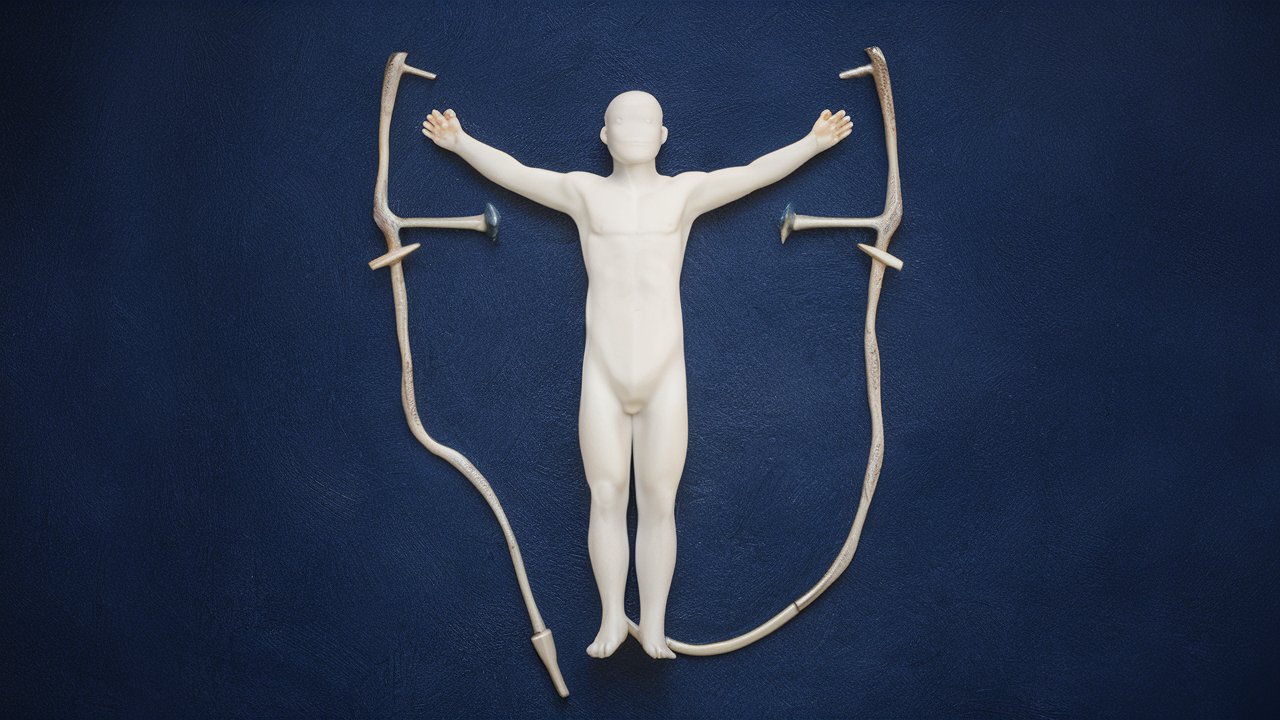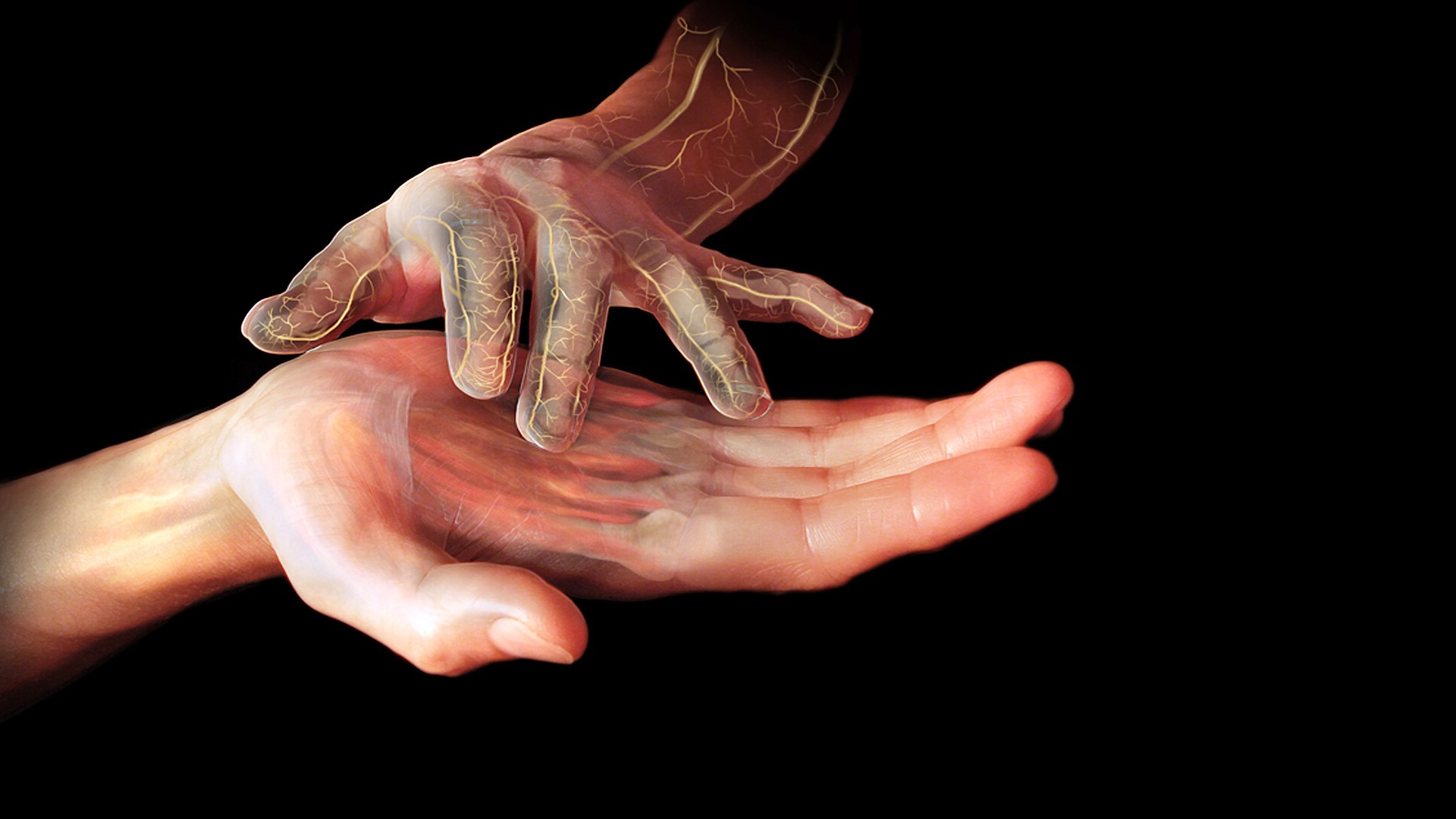
Complete Androgen Insensitivity Syndrome (CAIS) is a rare genetic condition where a person who is genetically male (with one X and one Y chromosome) is resistant to male hormones called androgens. This results in the individual having mostly female physical traits despite having the genetic makeup of a male. CAIS is usually discovered at puberty when menstruation does not start. People with CAIS have undescended testes and no uterus or ovaries. They often have a female gender identity and are raised as girls. Understanding CAIS is crucial for providing proper medical care and support. This condition highlights the complexity of human biology and gender. Let's dive into 20 intriguing facts about CAIS that will broaden your knowledge and understanding of this unique condition.
Understanding Complete Androgen Insensitivity Syndrome
Complete Androgen Insensitivity Syndrome (CAIS) is a rare genetic condition affecting sexual development. People with CAIS are genetically male but have female physical traits. Here are some intriguing facts about this condition.
-
Genetic Origin: CAIS is caused by mutations in the AR gene, which is responsible for the body's response to androgens, the male sex hormones.
-
Chromosomes: Individuals with CAIS have an XY chromosome pattern, typically associated with males.
-
Physical Appearance: Despite having XY chromosomes, people with CAIS develop female external genitalia and secondary sexual characteristics.
-
Internal Anatomy: Those with CAIS lack a uterus and ovaries but have undescended testes, usually located in the abdomen or groin.
-
Diagnosis: CAIS is often diagnosed during puberty when menstruation fails to start, prompting further medical investigation.
Symptoms and Characteristics
Understanding the symptoms and characteristics of CAIS can help in early diagnosis and management. Here are some key points.
-
Infertility: Individuals with CAIS are infertile due to the absence of functional reproductive organs.
-
Puberty: They experience typical female puberty, including breast development, but do not menstruate.
-
Height: People with CAIS tend to be taller than average for females due to the influence of the Y chromosome.
-
Hair Growth: They often have sparse or absent body and pubic hair, a result of the body's inability to respond to androgens.
-
Gender Identity: Most individuals with CAIS identify as female and are raised as girls.
Medical Management and Treatment
Managing CAIS involves several medical interventions to ensure the well-being of the individual. Here are some important aspects.
-
Hormone Replacement Therapy: Estrogen replacement therapy is often recommended to maintain secondary sexual characteristics and bone health.
-
Surgery: Removal of undescended testes is usually advised to prevent the risk of testicular cancer.
-
Psychological Support: Counseling and psychological support are crucial for individuals and their families to cope with the diagnosis and its implications.
-
Genetic Counseling: Families may benefit from genetic counseling to understand the condition and its inheritance patterns.
Social and Psychological Aspects
Living with CAIS can present unique social and psychological challenges. Here are some insights.
-
Disclosure: Deciding when and how to disclose the condition to others can be a significant concern for individuals with CAIS.
-
Identity: Navigating gender identity and societal expectations can be complex for those with CAIS.
-
Support Groups: Connecting with support groups and others with CAIS can provide valuable emotional support and information.
-
Education: Educating peers and the public about CAIS can help reduce stigma and promote understanding.
Research and Future Directions
Ongoing research is crucial for improving the lives of those with CAIS. Here are some areas of focus.
-
Genetic Research: Scientists are exploring the genetic basis of CAIS to develop better diagnostic and treatment options.
-
Hormone Therapies: Advances in hormone therapies aim to improve the quality of life for individuals with CAIS.
Understanding CAIS is essential for providing appropriate care and support to those affected by this condition.
Understanding CAIS Better
Complete Androgen Insensitivity Syndrome (CAIS) is a complex condition that affects individuals in unique ways. Knowing the facts about CAIS helps in understanding the challenges and experiences faced by those with the condition. From genetic mutations to the importance of early diagnosis, each aspect plays a crucial role in managing CAIS effectively.
Support from healthcare professionals, family, and community is vital for individuals with CAIS to lead fulfilling lives. Awareness and education can break down misconceptions and foster a more inclusive environment.
By staying informed, we can all contribute to a world where everyone, regardless of their genetic makeup, feels understood and supported. Keep learning, stay compassionate, and remember that knowledge is a powerful tool in promoting acceptance and empathy.
Was this page helpful?
Our commitment to delivering trustworthy and engaging content is at the heart of what we do. Each fact on our site is contributed by real users like you, bringing a wealth of diverse insights and information. To ensure the highest standards of accuracy and reliability, our dedicated editors meticulously review each submission. This process guarantees that the facts we share are not only fascinating but also credible. Trust in our commitment to quality and authenticity as you explore and learn with us.


